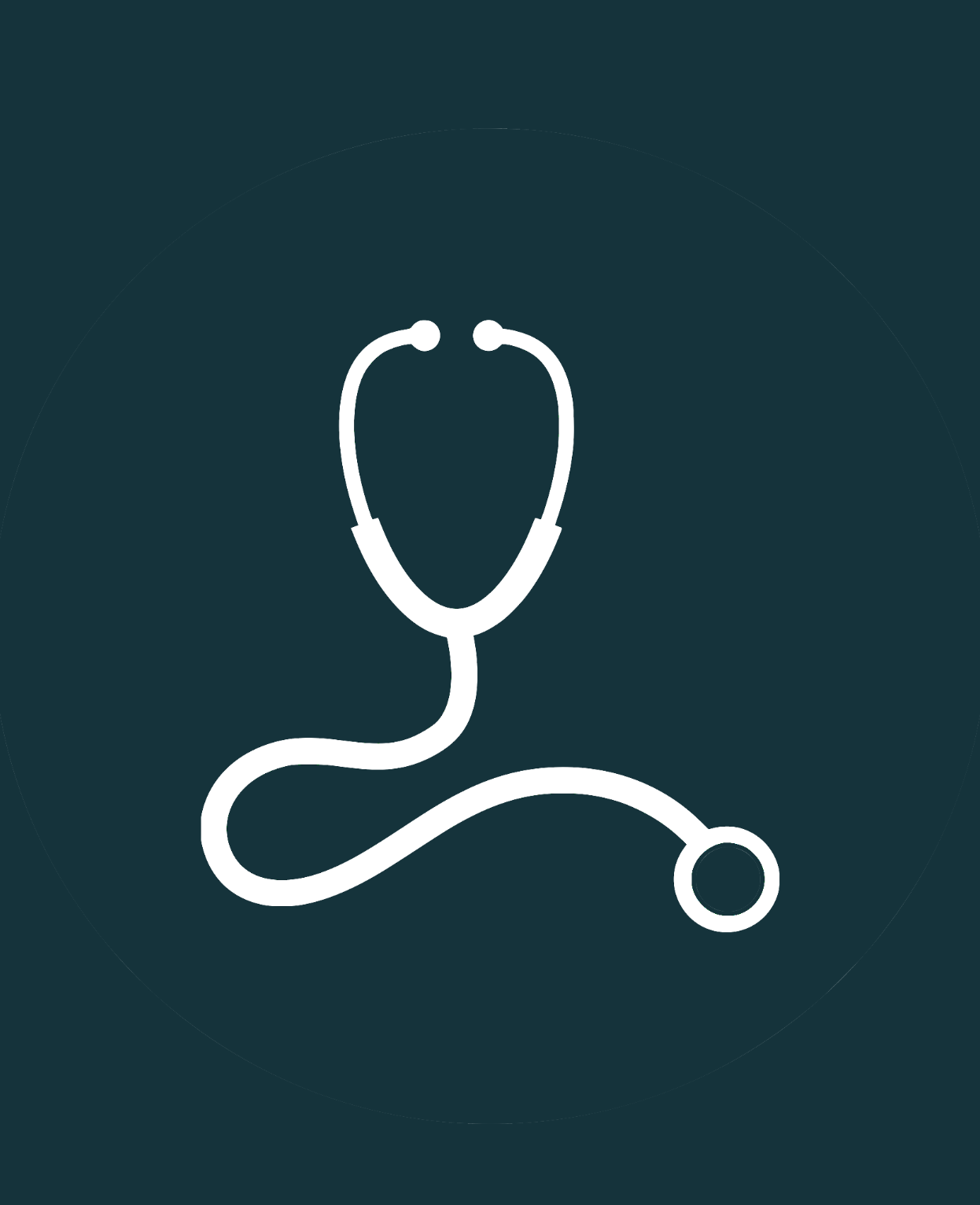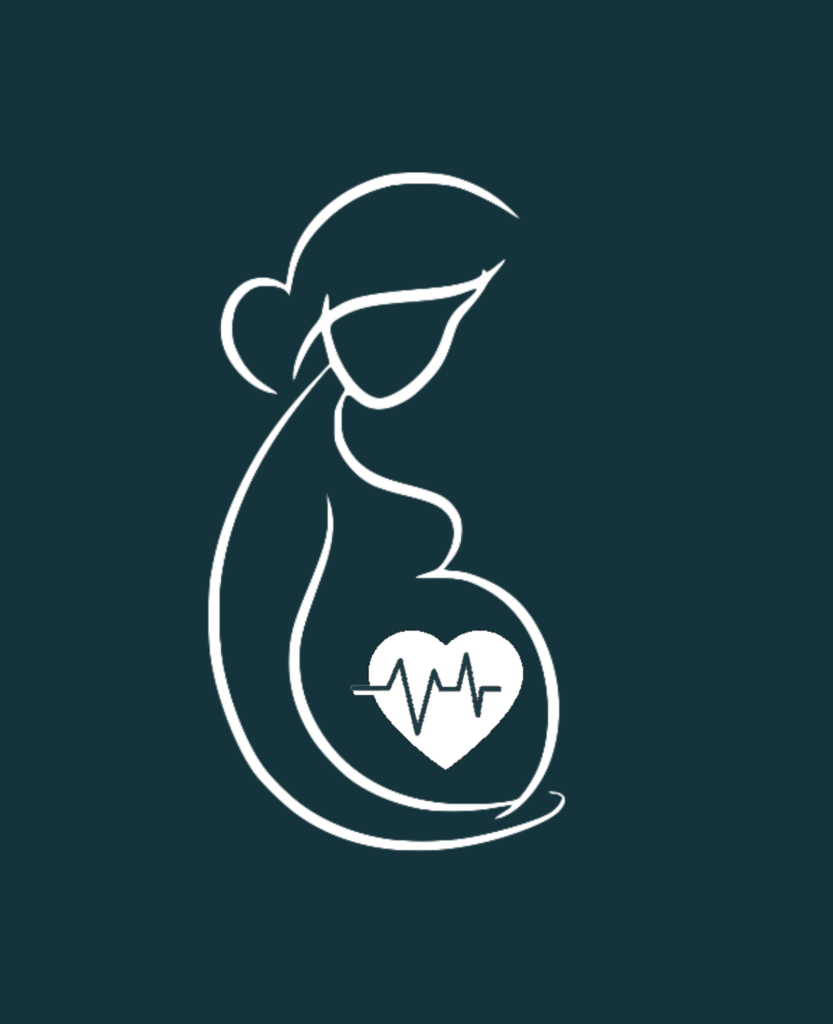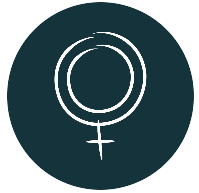An Acupuncture Corporation
We provide exceptional care from recognized experts in the fields of acupuncture, herbal medicine and nutrition.
Some of the conditions acupuncture treats
- Acne
- Allergies
- Anxiety
- Arthritis
- Breast lumps
- Cancer support
- Eczema
- Fatigue
- Fibromyalgia
- Gastrointestinal disorders
- Headaches
- Hypertension
- Infertility
- Injuries
- Insomnia
- Lupus
- Menopause
- Migraines
- Morning sickness
- Multiple Sclerosis
- Pain
- Postoperative pain
- Rheumatoid Arthritis
- PMS
- Sciatica
A dynamic group of skilled practitioners covering a range of specialties.
Online Appointment Scheduling
Our practitioners are not just clinicians but regularly contribute to advancing the field of acupuncture through teaching and research.
Nutritional Influences on Reproduction: A Functional Approach. 2020; Editors: Noland D., Drisko J., Wagner L. (eds) Integrative and Functional Medical Nutrition Therapy. Humana, Cham. Publisher: Springer Publishing. Authors: Horn, Brandon; Yu, Wendy. doi: 10.1007/978-3-030-30730-1_32.
Revisiting the Sham: Is it all smoke and mirrors? Evidence Based Complementary and Alternative Medicine. June, 2010. Horn B., Balk J, Gold JI. doi: 10.1093/ecam/neq074
Acupuncture for Adolescents with Chronic Pain: Pain and Health Related Quality of Life. The Society for Developmental and Behavioral Pediatrics 29th Annual Meeting, September 11-14, 2010. Gold JI, Li A, Silverman MF, Yu W, Deng W, Horn B.
The Tao of Pediatrics and Chinese Medicine. California Pediatrician 2003 Wendy Yu, L.Ac., Jeffrey Gold, Ph.D., Michael Joseph, MD
The Benefit of Acupuncture in Children with Different Types of Pain. Paper submitted to the American Pain Society’s 31st Annual Scientific Meeting May 16-19, 2012, Honolulu, HI. Beas V, Meyer R, Horn B, Kobylecka M, Gold JI
In recent years we are seeing a sharp increase in pathogens that do not respond to pharmaceutical treatment. Conditions such as reproductive infections that were once relatively easy to treat are becoming resistant to all known pharmaceuticals and even to herbal medicines.
Historically Chinese medicine has presented a sophisticated description of pathogens and their interactions with the body, yet a solid understanding of the presented concepts was confusing and often elusive.
In this lecture, Brandon Horn reviews the Chinese medicine concepts of latent pathogens and how these pathogens are able to evade both the body’s defenses and treatments; leading to chronic degenerative diseases and infertility. He will further review relatively new concepts in microbiology* that explain the Chinese medicine descriptions of microbial pathogenesis. This information provides highly useful insights into traditional formula composition as well as ways in which we can modify and improve upon traditional formulations to address evolved pathogens.
<b>Detoxifying Body & Mind Between Treatments.</b> Resolve: for the journey and beyond. Fall 2007. Gomberg, S.




Dr. Brandon Horn
- info

- info

- info

Steve Gomberg
- info

Airi Watanabe
- info
SOCIAL MEDIA
We have begun to use social media to keep our patients informed. Twitter is populated with interesting new research on Chinese medicine primarily and Instagram has a wide variety of topics and interviews.
Acupuncture reduces endometriosis-related pain.
Chinese medicine improves outcomes in women with premature ovarian insufficiency (infertility).
Acupuncture study published in JAMA internal med finds exactly what we've been saying for millennia: "patients with sciatica had decreased measured pain and disability when treated with acupuncture"
Acupuncture improves sleep quality in Parkinson disease
Business Hours
- Mon: Closed
- Tue: 12:30p – 8:30p
- Wed: 9a – 1p
- Thu: 12:30p – 8:30p
- Fri: 9a – 1p
- Sat: 9a – 1p
- Sun: Closed









